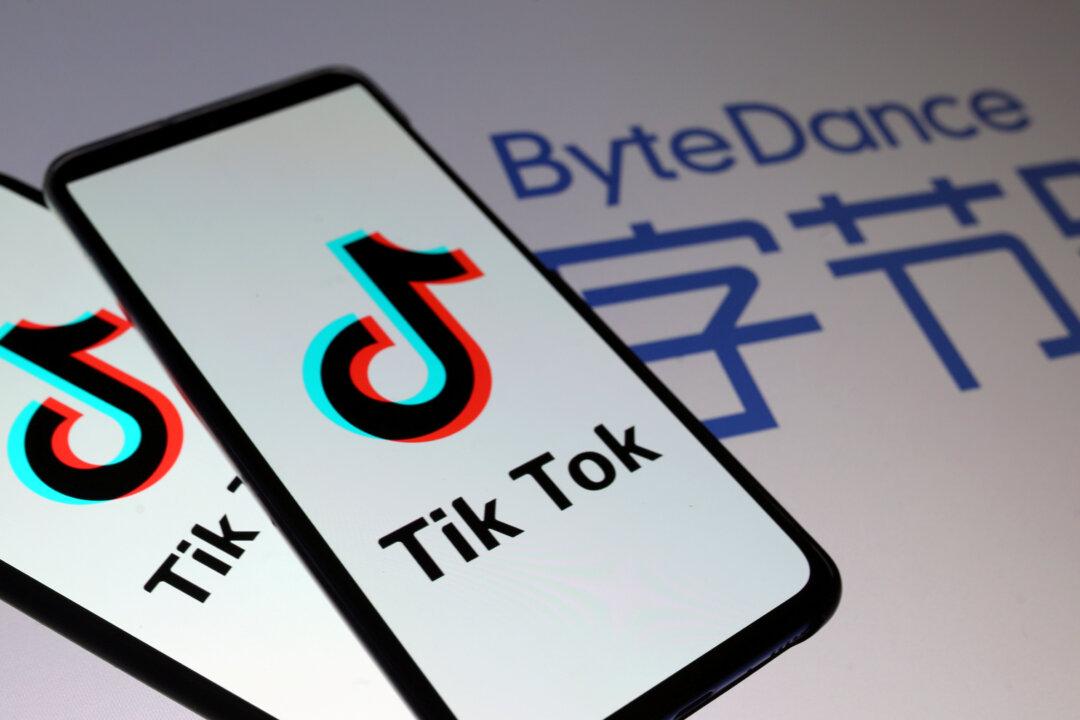Former Tik Tok content moderator Candie Frazier has filed a lawsuit in a California court, alleging that the platform and its parent company ByteDance failed to provide sufficient safeguards to protect the mental health of moderators who in their job had to view traumatic footage, including acts of extreme and graphic violence.
A complaint proposing a class action suit and demanding a jury trial, filed in the California Central District Court on Dec. 23 and obtained by The Epoch Times, accuses ByteDance Inc. and Tik Tok Inc. of failing to provide a safe workplace for content moderators, who as part of their job to keep the social media platform “sanitized” spend long hours reviewing and moderating videos, including ones that are disturbingly graphic.





